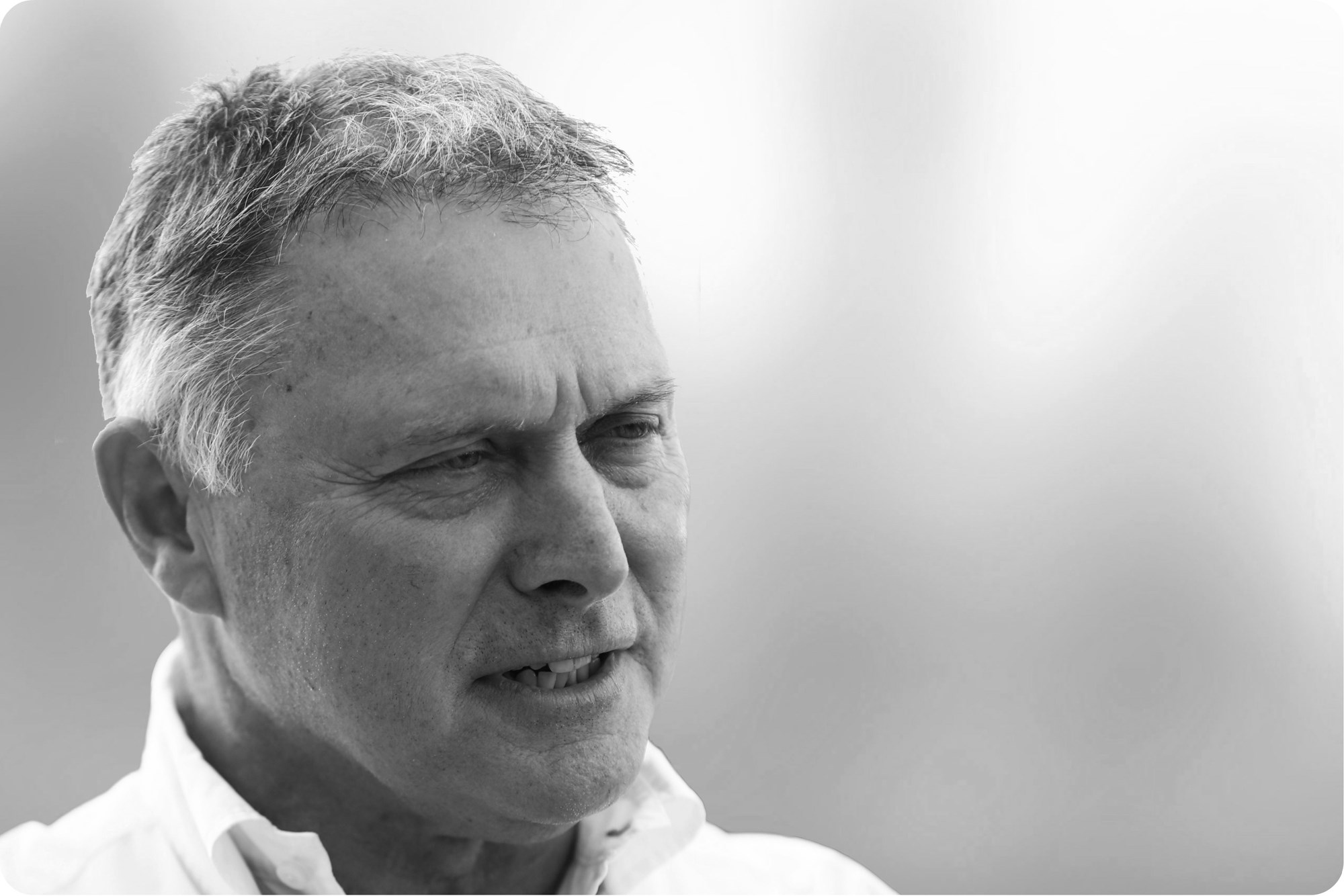Intense battle for tenth place F1 prize money
Life at the bottom end of the Formula 1 paddock at the moment is very similar to the top end as McLaren, the team with which I spent most of my Formula 1 life, is now situated next to Manor Racing, the team with which I spent much of the weekend in Sepang, Malaysia.
Convenient for me but sad for McLaren, and a situation I am sure will not be repeated in coming seasons.
However, the contrast between a once-mighty powerhouse of the grid, and a team battling to improve with every race, is plain to see.
With a budget six or seven times that of Manor Racing, McLaren is still struggling to match the teams at the top of the order, though there are signs of improvement if the showing at last weekend’s Malaysian Grand Prix are anything to go by.
Looking in from the pit lane at the McLaren team and next-door neighbour Manor, it is plain to see that money is not so much of a problem with the former and a major problem for the latter.
The difference in earnings from the sport itself is staggering, and is a subject that must be addressed for the health of the sport.
Ferrari, because of a “special’ arrangement, earns the most from the prize money fund with an amount at last count of US$208 million ($290m). Mercedes comes next with US$148m, and so on down the list until we get to Manor Racing (known as Marussia in 2015) with US$56 million.These figures apply to the 2015 season and are before any income from sponsorship, merchandise etc.
However, that prize fund goes down only to 10th position in the Constructors’ Championship and this season there are 11 teams.
The 11th team will, under current rules, get precisely zero from the prize fund, so the battle for 10th place between Manor and the Sauber team is as intense as at the top.
A battle for survival.
Manor is leading that battle at present with one point, to Sauber’s zero.
Certainly those historically successful grandee teams could be expected and deserve, to take more from the sport than the newer and less well-performing minnows, but without the minnows the F1 grid would look very different .
It is almost impossible to enter Formula 1 now as a new team. The last to achieve that was the Haas Racing team with even team owner Carl Haas (a man not short of the odd million or two) reeling under the cost of running such an operation and trying to be competitive.
The total number of staff on the Manor Racing payroll is about 180.
The number of staff Mercedes, Red Bull and Ferrari have working on car aerodynamics alone exceeds 220 per team, out of a staff count of 1000-plus.
To add to that, the bigger teams use the bottom end of the grid as a fertile grazing area from which to pluck the best new wave of engineers or mechanics after they have been tutored in the ways of the sport.
All fair enough and the way people improve their own personal lot, but the inequality of the way the profits from Formula 1 have traditionally been divvied up means the lower teams simply cannot afford to hire the number of quality, experienced people as the top teams.
The new owner of Formula 1, Liberty Media, is expected to try to redress some of these financial issues by making the sport more attractive to a larger audience and hopefully make the situation more equitable.
This should help make each team more financially stable, by ways of franchising and the like.
I went to the Malaysian Grand Prix as host of a Global Sports and Events tour with some wonderful, diverse and interesting people.
I was fortunate to meet many of my old “family” in the pit lane as a guest of the Manor Racing team, run by expat Kiwi David Ryan.

Manor Racing boss David Ryan.
It was good to catch up with the paddock team of people, but the overwhelming feeling is one of “it ain’t like it used to be”.
There is a saying that you should never look back but it was disappointing to see that the paddock is almost bare of people unless they are part of a TV crew, a media person or some specific guest of a team.
Empty and without atmosphere.
I was able to talk with many people who have been around F1 for a long time.
British journalist Joe Saward, a man who knows pretty much everything about the sport and anyone in the sport, brought me up to date with all of the rumours and behind-the-scenes activity during a long lunch, together with a Formula 1 team principal, and it is clear that there is an awful lot happening over the coming months.
Major changes and some fundamental pillars of the sport will be seriously affected.
We will be writing about them in Driven as they develop.




